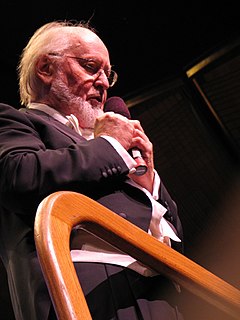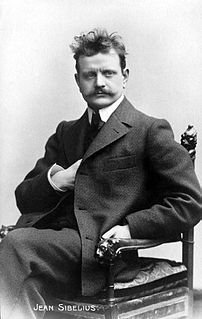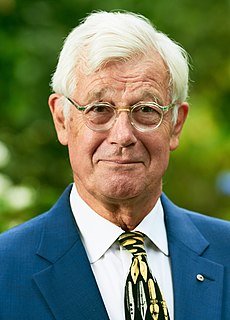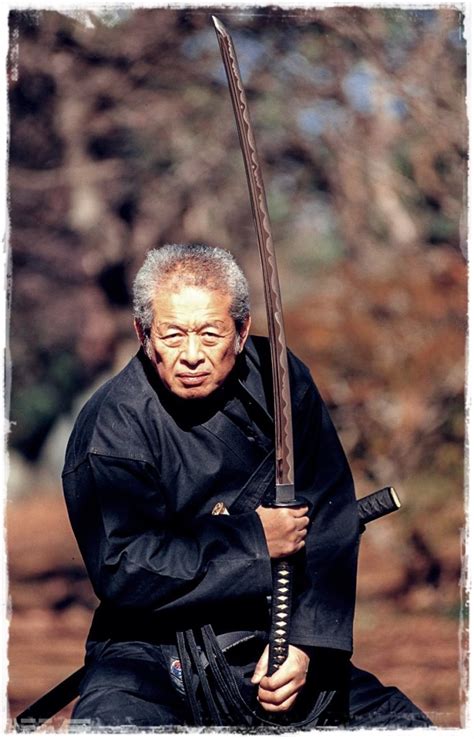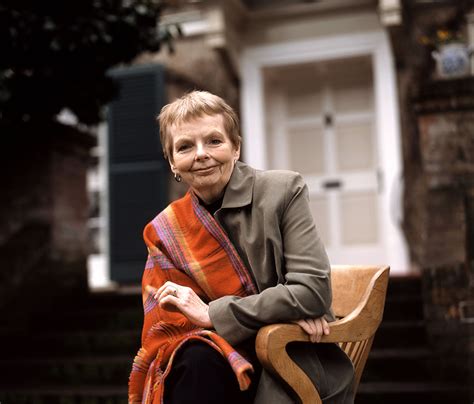A Quote by John Towner Williams
There's a very basic human, non-verbal aspect to our need to make music and use it as part of our human expression. It doesn't have to do with body movements, it doesn't have to do with articulation of a language, but with something spiritual.
Related Quotes
I want to stress again that human rights are not peripheral to the foreign policy of the United States. Our pursuit of human rights is part of a broad effort to use our great power and our tremendous influence in the service of creating a better world, a world in which human beings can live in peace, in freedom, and with their basic needs adequately met.
Ayurveda is the science of life and it has a very basic, simple kind of approach, which is that we are part of the universe and the universe is intelligent and the human body is part of the cosmic body, and the human mind is part of the cosmic mind, and the atom and the universe are exactly the same thing, but with different form, and the more we are in touch with this deeper reality, from where everything comes, the more we will be able to heal ourselves and at the same time heal our planet.
Human language has a vocabulary suited to our daily needs and functions: the shape of any human language maps approximately to the needs and activities of our mundane lives. But few would deny that there is another dimension of human existence which transcends the mundane: call it the soul, the spirit: it is that part of the human frame which sees the shimmer of the numinous.
The need to make music, and to listen to it, is universally expressed by human beings. I cannot imagine, even in our most primitive times, the emergence of talented painters to make cave paintings without there having been, near at hand, equally creative people making song. It is, like speech, a dominant aspect of human biology.
It is my fundamental conviction that compassion - the natural capacity of the human heart to feel concern for and connection with another human being - constitutes a basic aspect of our nature shared by all human beings, as well as being the foundation of our happiness. All ethical teachings, whether religious or nonreligious, aim to nurture this innate and precious quality, to develop it and to perfect it.
When properly applied, the kamae reflects the ninja's heart.
This means that our physical nature conforms to our intentions,
and there is no division between our interior and exterior
aspects. This state of integrated mind and body action is
totally natural, and can be observed readily in the movements
of animals as they interact with their environment. Only human
beings seem to develop the need to be trained in natural body
motion.
More fundamental than religion is our basic human spirituality. We have a basic human disposition towards love, kindness and affection, irrespective of whether we have a religious framework or not. When we nurture this most basic human resource - when we set about cultivating those basic inner values which we all appreciate in others, then we start to live spiritually.
We can use wealth, intelligence, education or health in harmony with our compassionate spiritual nature, or we can use them according to the selfish concerns of our particular egos. We have choices as human beings. We can be saints or we can be terrorists. We can be peaceful or we can be miserable. When we see everything in the world as God's sacred property, then we're seeing the spiritual potential, the spiritual substance, everywhere.
No matter what part of the world we come from, we are all basically the same human beings. We all seek happiness and try to avoid suffering. We have the same basic human needs and concerns. All of us human beings want freedom and the right to determine our own destiny as individuals and as peoples. That is human nature.
